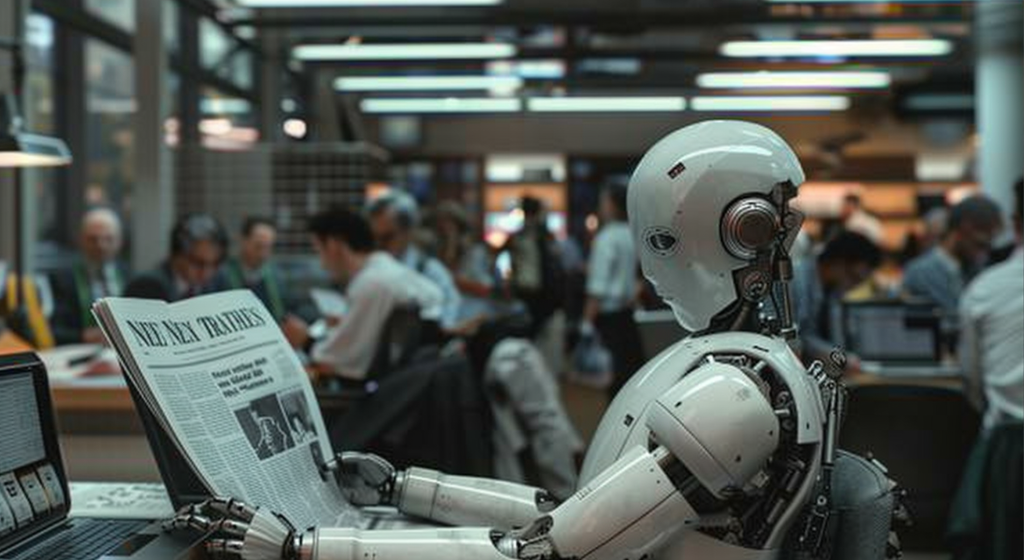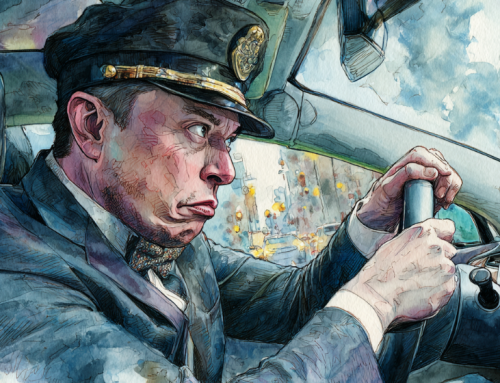
The Times filed a lawsuit against Microsoft, alleging that the tech giant, a major investor in OpenAI, unlawfully used its copyrighted content to develop AI products, endangering the newspaper’s ability to provide its services. (Source: Image by RR)
Microsoft Slams New York Times Lawsuit over AI Training as ‘Alarmist’
Microsoft has responded to a copyright infringement lawsuit from the New York Times over its alleged use of content for generative AI training, dismissing the claim as a false narrative of “doomsday futurology” and comparing it to Hollywood’s resistance to the VCR. In its motion to dismiss part of the lawsuit, Microsoft scoffed at the newspaper’s assertion that its content receives “particular emphasis” in AI training and that tech companies are “free-riding” on the Times’s journalism investment.
The lawsuit alleges that as OpenAI’s biggest investor, Microsoft unlawfully used Times content to create AI products that threaten the paper’s journalism services. Microsoft likened the lawsuit to Hollywood’s fears of the VCR, quoting testimony from the 1980s and arguing that content used to train AI models does not replace the market for original works but rather teaches language to the models. As noted in theguardian.com, OpenAI, also targeted in the lawsuit, sought to dismiss parts of it, arguing that its ChatGPT is not a substitute for a Times subscription.
The Times countered Microsoft’s response, highlighting the intertwined relationship between Microsoft and OpenAI in building their AI tools and disputing the VCR analogy. The lawsuit reflects broader concerns about copyright infringement and the accuracy of AI-generated content, as evidenced by recent incidents involving AI-generated images and historical inaccuracies. OpenAI’s acknowledgment of the impossibility of training AI models without copyrighted works adds complexity to the debate.
Despite claims from OpenAI’s CEO that the Times’s data was not crucial for training AI, the lawsuit underscores the importance of copyright protection in AI development and its potential impact on news-content production. As the legal battle unfolds, it raises questions about the ethical implications of AI technology and its intersection with copyright law and journalistic integrity.
read more at theguardian.com







Leave A Comment